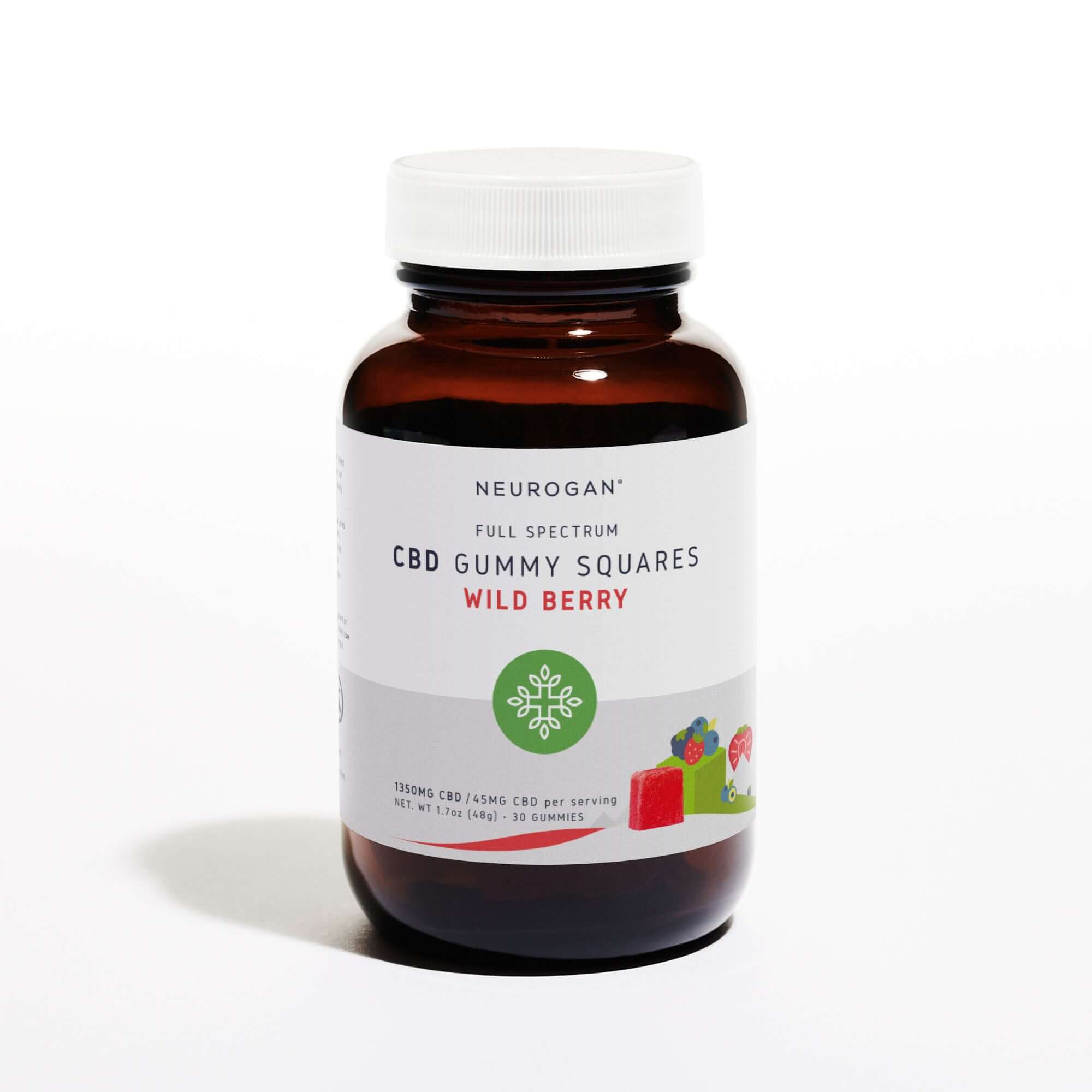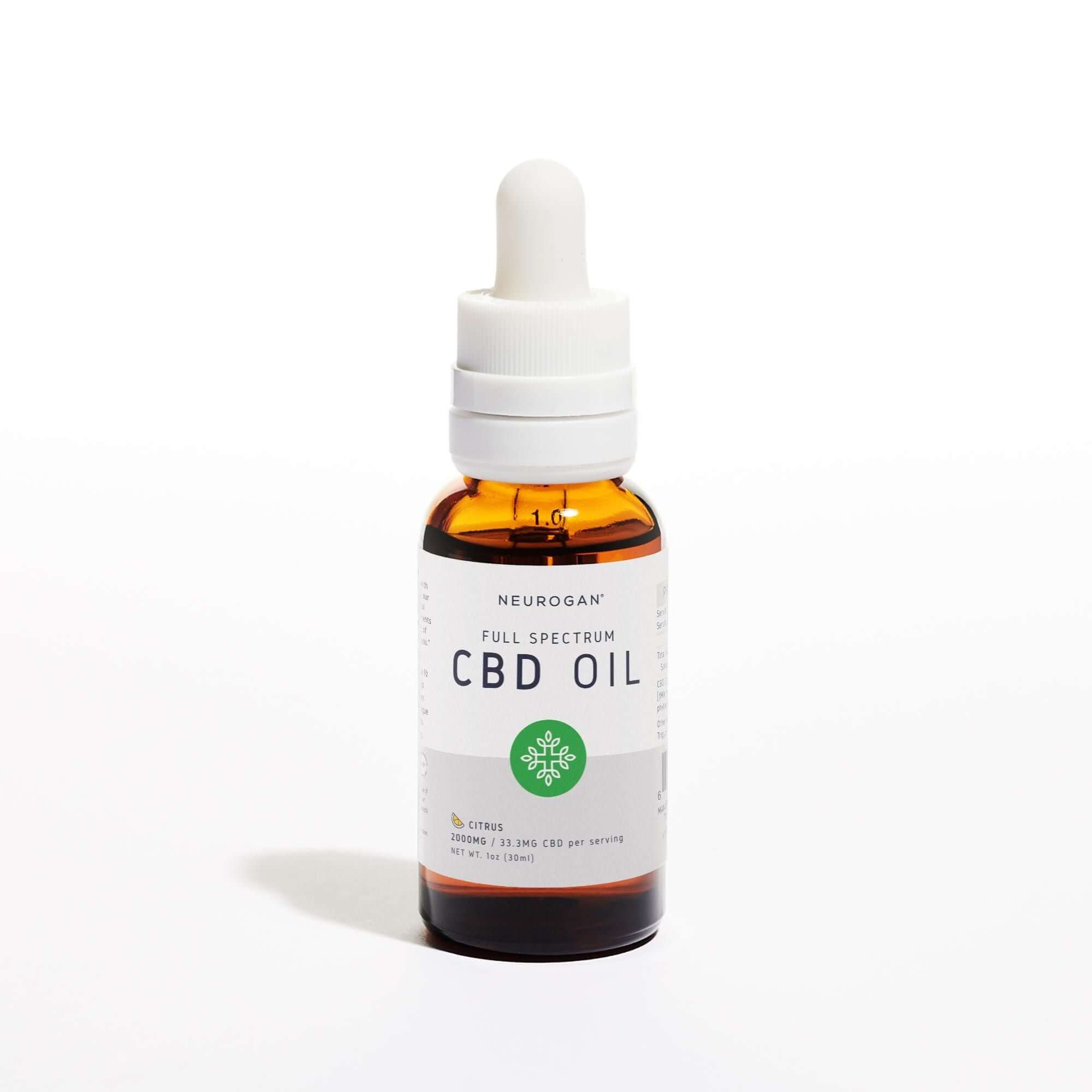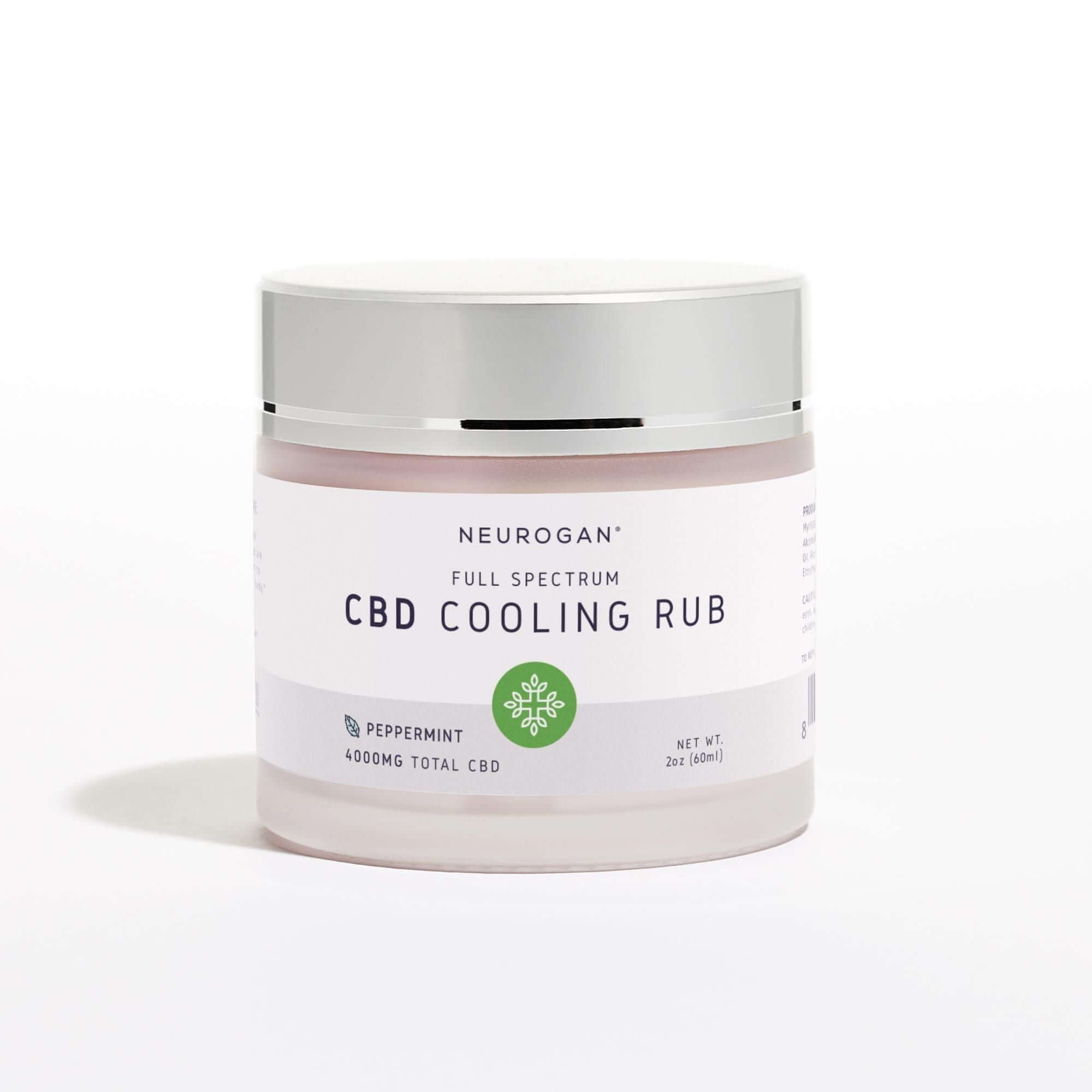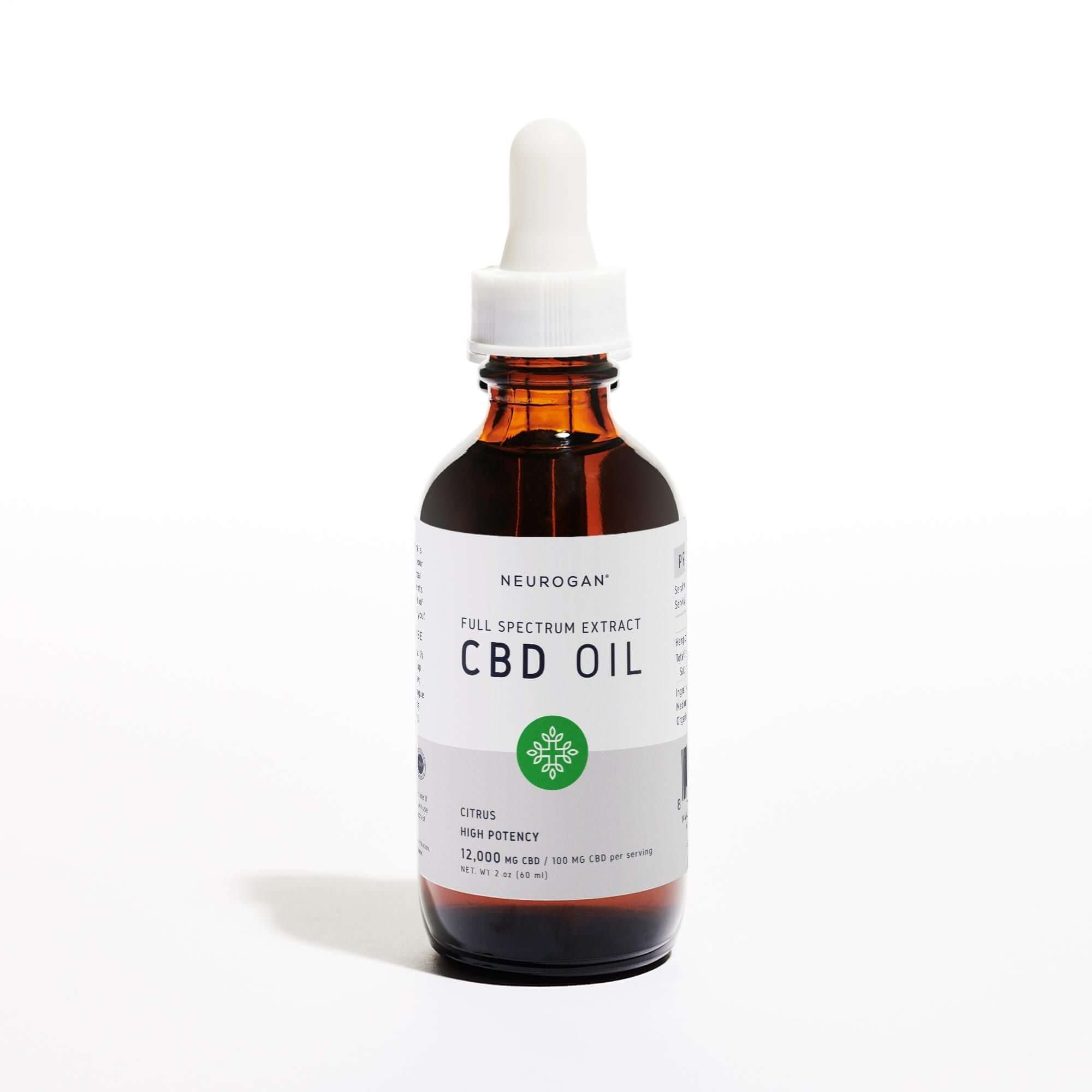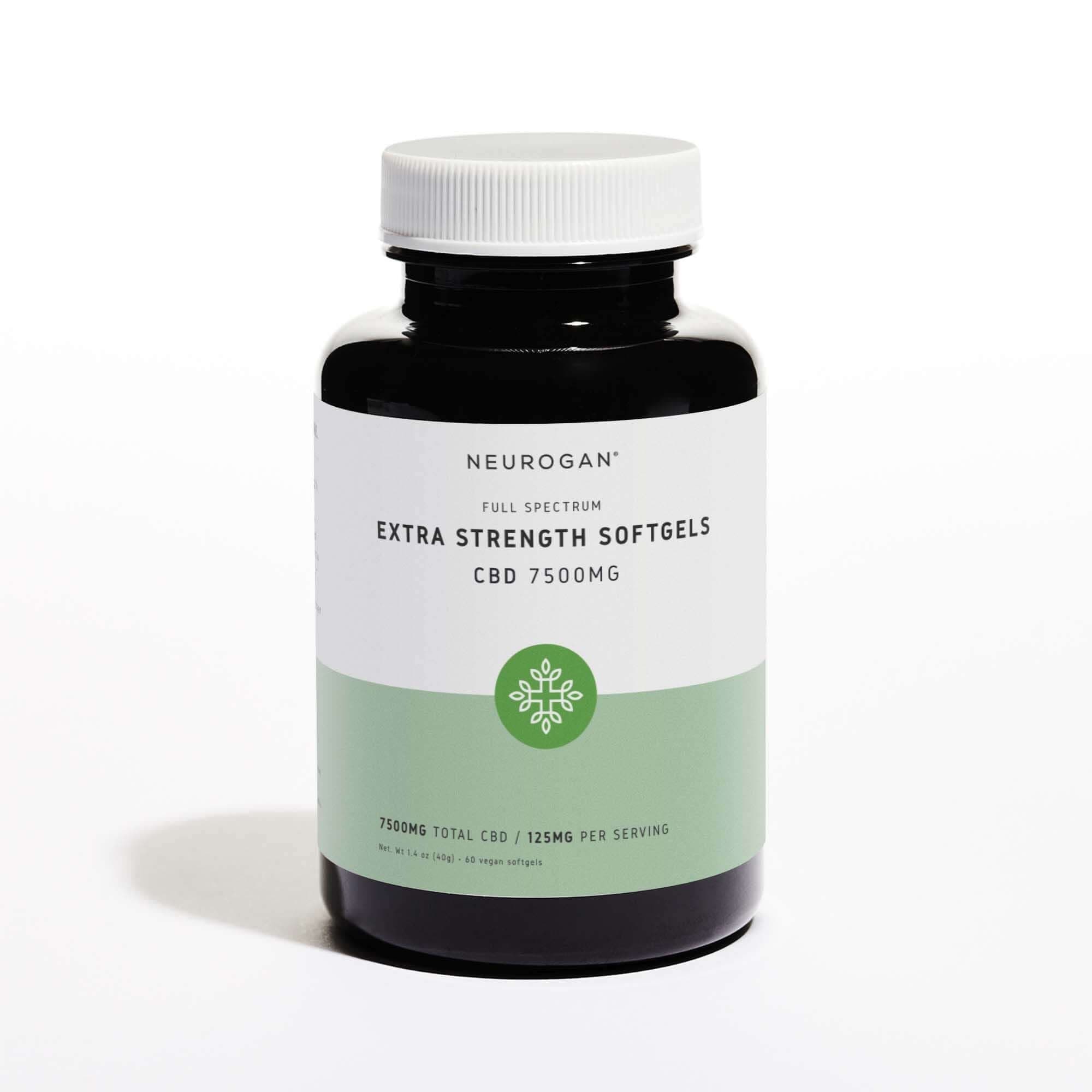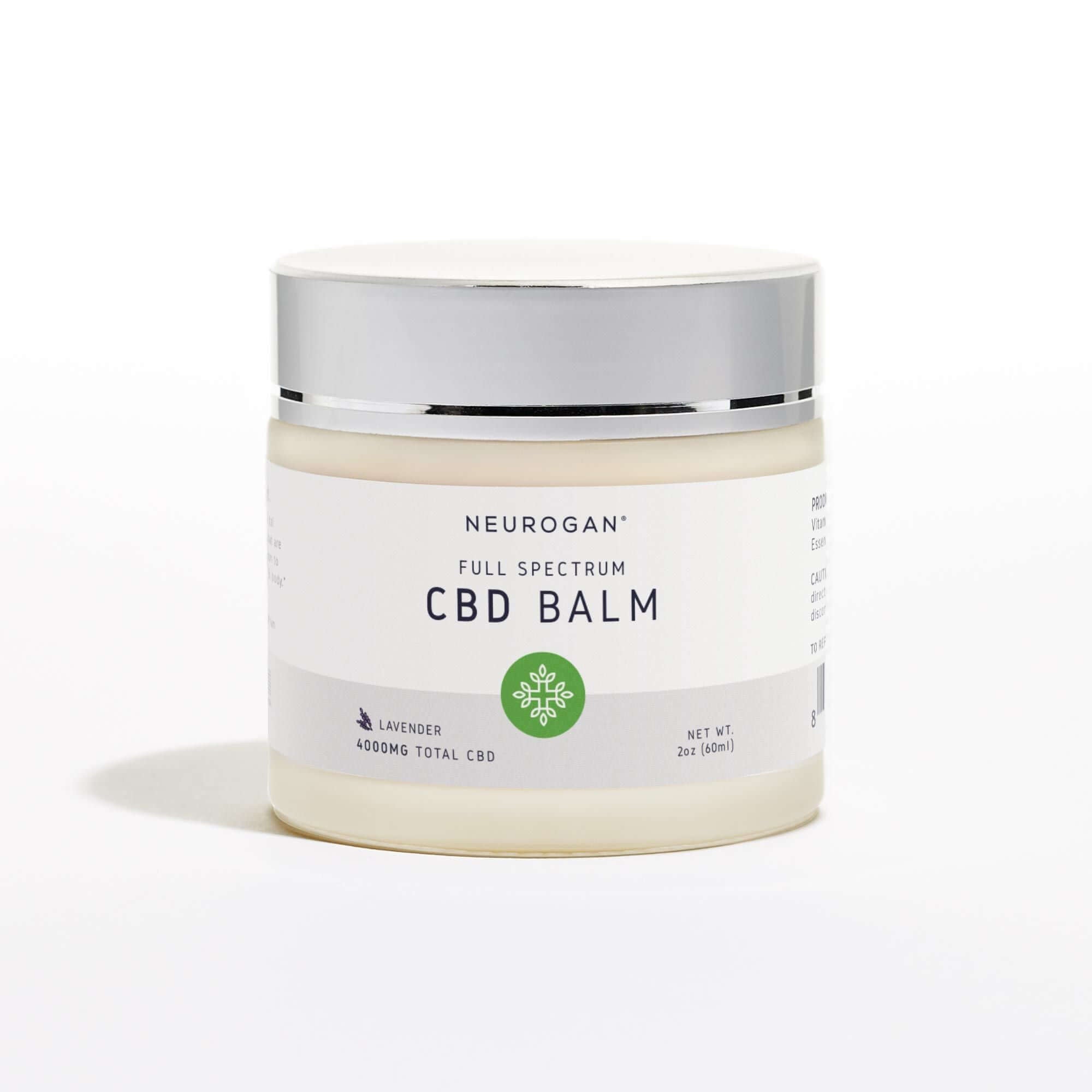Delta-8 or D8 THC is a cannabinoid derived from the cannabis plant. It's been given the nickname "light weed" for its mild high similar to marijuana use, and some people claim that it helps them relax, improve their appetite, and sleep better. However, most people use it as a "legal" means to get high without the risk of marijuana possession.
The question of whether delta-8 THC is legal is complicated.
Many people believe that if the product they're using comes from a hemp plant—and not marijuana—they're in the clear to use in states that haven't yet legalized recreational cannabis. Still, its legal status is not as straightforward as you think.
In this article, we'll explore some of the arguments for determining delta-8's legal status and try to provide a clear answer to whether delta-8 THC is legal or not in the United States.
Key Takeaways:
- Delta-8 THC is a minor cannabinoid produced in the hemp plant and marijuana plant.
- Delta-8 is an isomer of the well-known psychoactive cannabinoid delta-9 THC and has very mild psychoactive effects.
- Delta-8 THC lives in a legal gray area. Its legal status largely depends on how the law is interpreted.
- If delta-8 THC is harvested from hemp plants containing less than 0.3% delta-9 THC, it's technically legal in federal law. However, some state laws have banned all forms of THC altogether without a medical marijuana license.
- Some states have banned delta-8 THC as it can be argued that it's a synthetic cannabinoid—not the same type of synthetic cannabinoids like K2 and spice— but because delta-8 THC doesn't exist naturally in large quantities, some manufacturers use a unique chemical reaction to convert CBD into delta-8 THC. Some may argue that this is a synthetic cannabinoid, even though delta-8 exists in nature.
- Be careful when shopping for any cannabinoid-based product. Look at third-party lab reports, shop with reliable brands, and check your local laws before buying CBD or delta-8 THC products.
Is The Cannabis Plant A Controlled Substance?

The cannabis Sativa plant has brought about a lot of debate. This humble weed is home to more than a hundred biologically active compounds, including delta-9 tetrahydrocannabinol (THC)—the main psychoactive chemical—and cannabidiol (CBD).
Parts of the plant have been controlled under the Controlled Substances Act (CSA) since the 1970s under the drug class "marijuana." Lawmakers decided that the D9 THC content in the plant was a public health risk due to its high potential for abuse and lack of currently accepted medical use.
As new research emerges about the potential benefits and the reality of their health risks surrounding the cannabis plants, public opinions and the law are undergoing a new shift.
While marijuana plants and delta-9 THC remain controlled substances under federal law, hemp plants and their derivatives— defined as cannabis plants with less than 0.3% Delta-9 THC—were legalized for farming and products with the Farm Bill's introduction as part of the Agriculture Improvement Act (2018).
What Is Delta-8 THC?
Delta-8 is a minor cannabinoid, which means it doesn't exist naturally in growing cannabis plants in high concentrations, and it's also what's called an isomer to delta-9 THC. An isomer is a molecule with the same atoms but a different structure. This means that the atoms are connected in a different order.

In this instance, the double carbon bond is on the eighth chain in delta-8, while it's on the ninth chain in delta-9 THC. Researchers have also discovered delta-6, delta-7, and delta-10 THC.
These double carbon chain placements are so subtle that sometimes sophisticated lab equipment can't tell them apart. Delta-8 has psychoactive effects, but many users report about half as potent as traditional delta-9 THC.
You can find delta-8 THC products sold online, gas stations, boutique dispensaries, and vape shops as "legal weed" even in states that haven't legalized recreational marijuana use.
How Is Delta-8 Legal?
Delta-8 lives in a grey area.
Because the Controlled Substance Act doesn't say anything about THC isomers, many people interpret it as a green light to sell and use as long as the delta-8 THC product comes from legalized hemp plants—and not marijuana—to comply with the Farm Bill.
Since the cannabis industry is so new and unregulated, delta-8 products have slipped through the cracks. You can find delta-8 THC products sold as vape pens, gummies, oils, and capsules. Many states are cracking down on these THC products and banning delta-8 and other isomers of THC altogether while it remains legal federally.
Is Delta-8 THC Safe?
In most healthy individuals, naturally-derived cannabinoids seem to be safe and well-tolerated.
Some users have reported negative experiences with delta-8 THC, such as anxiety, rapid heart rate, paranoia, and insomnia. Most of these accounts were a result of poor dosing, as too much delta-8 THC can make the psychoactive effects feel overwhelming, but it's not necessarily dangerous.
As a psychoactive compound, you should not drive or operate heavy machinery under the influence of delta-8 THC—regardless of whether it comes from hemp. It is known to impair judgment, slow reaction times, and alter one's perceptions, but these effects should wear off within 4–6 hours.
Most of the concerns surrounding the safety of delta-8 THC and other cannabinoids is the lack of regulation in the production and product labeling.
The hype surrounding cannabis as a "cure-all" is no shock. Humans have a long history of its use for various ailments, but the scientific research on the active compounds and their effects is still relatively new. With new age medicines and all-natural wellness becoming the season's trend, many people turn to hemp-derived products sold at convenience stores over advice from their doctors, which can pose serious health risks for those who require medical attention for their problems.
The other issue lies in some hemp businesses' poor production practices. Pesticides, heavy metals, and solvents have been detected in third-party lab tests in some of the delta-8 THC products that could pose serious health risks.
The National Poison Control Centers and FDA have issued statements of adverse event reports involving delta-8 THC products. Fourteen cases reported to the FDA, hallucinations, loss of consciousness, vomiting, and loss of balance—the patients had to go to a hospital or emergency room treatment from ingestion of these products.
Summary Of The Controlled Substance Act And Cannabis
According to the Drug Enforcement Administration, only marijuana is considered a mind-altering (psychoactive) drug, and THC (delta-9) is the main compound responsible for its psychoactive effect.
While no deaths from marijuana overdoses recovered, marijuana remains a Schedule I substance under the Controlled Substances Act. It has a high potential for abuse and does not have any accepted medical use in treatment in the United States. Some states have allowed adult recreational use.
The federal government classifies drugs according to the likelihood of becoming addicted to them and their clinical applications.
Only the Food and Drug Administration (FDA) has the authority to approve drugs for medical use, and there are currently no approved marijuana products on the market for clinical indication.
A synthetic version of THC called Marinol or dronabinol is prescribed to control nausea, vomiting, and loss of appetite to support chemotherapy treatments or AIDS patients. Marino is a Schedule III drug as it may be habit-forming and has risks for worsening psychosis.
Syndros is another THC-based oral medication used to treat anorexia by increasing one's appetite and is sometimes prescribed to treat nausea and vomiting. It's a Controlled Schedule II drug and is deemed a higher risk for substance abuse disorder than Marinol.
Hemp-derived cannabinoids like CBN, CBG, and CBD products are widely available online and in stores. There's only one FDA-approved CBD drug prescribed for treating epilepsy.
The hemp products on the market are not authorized to make health claims to cure, treat, or mitigate illnesses. Many hemp companies have received warning letters and fines from the FDA when they fail to comply with their regulations.
Epidoloex is a Schedule V controlled substance. While they're only accessibly with a doctor's prescription, they have a lower risk for substance abuse.
Why Delta 8 THC Could Be Illegal
Synthetic THC was legal and sold as incense or spices on the market under street names such as "spice" or "K2" in the early 2000s. These synthetic cannabinoids were untested, and many people experienced dangerous outcomes from hospitalizations physical and mental harm. Even several deaths were associated with synthetic cannabinoids.
In response to the dangers of these synthetic cannabinoids, the Drug Enforcement Administration cracked down and made all of these synthetic cannabinoids illegal.
Some authorities argue that delta-8 THC is synthetic—this is where things get murky.
Delta-8 THC is technically found naturally in hemp and marijuana plants but in low concentrations. Some companies will age cannabis flowers under special conditions to yield higher levels of delta-8. Still, for those looking for a faster and much more cost-effective method, a chemical reaction can change hemp-derived CBD into delta-8 THC, which isn't exactly a natural process.
The DEA doesn't consider delta-8 THC a synthetic cannabinoid, even if it involves the lab-made reaction with CBD.
Is Delta-8 THC Legal In My State?

While the federal government hasn't made delta-8 THC from hemp plants illegal, some states have specifically banned the compound. If you're looking to purchase delta-8 THC products, check with your state law to avoid getting your package intercepted or, worse—charged for possession.
The following states have restricted or banned all delta-8 THC products:
- Alaska
- Arizona
- Arkansas
- California
- Colorado
- Connecticut
- Delaware
- Kentucky
- Idaho
- Iowa
- Mississippi
- Montana
- New York
- Rhode Island
- Utah
- Vermont
- Washington
- Michigan
- North Dakota
While these states are currently previewing delta-8 THC's status:
- Alabama
- Illinois
- Oklahoma
- Oregon
What's The Future Of Delta-8 THC?
As it stands, the legal status of hemp-derived delta-8 THC products is up for interpretation. The compound has only become popular in the last five years as a "legal" means to get high in states that haven't legalized recreational cannabis.
Many people prefer delta-8 THC to traditional marijuana use because it's much more mellow and relaxing—it's not prone to anxiousness or intoxication, making it a much more enjoyable experience for supporting stress, appetite, and sleep.
As we learn more about delta-8 THC's uses and safety through research, we'll see more clarification of where this compound will stand on the law. As a whole, it seems like the United States is trending towards less severe restrictions surrounding cannabis. But if it does ever become illegal or difficult to source, other hemp products on the market can deliver wellness benefits without intoxication.
CBN Products

While many people are likely already familiar with CBD (cannabidiol), CBN or cannabinol has quickly become a prevalent minor cannabinoid for its relaxation and sleep-supporting effects.
CBN is a metabolite of THC. It's found in higher concentrations in mature cannabis flowers as the THC content breaks down into this more stable cannabinoid.
Unlike THC, CBN doesn't have psychoactive properties, but many people enjoy it for relaxation, mood enhancement, and comfort.
CBN is legal, and it likely won't find itself on the wrong side of the law because it's non-intoxicating.
The Takeaway: Delta-8 THC is Still Federally Legal, But Some States May Have Other Views
Delta-8 THC products—even if they're hemp-derived- are regulated under the Farm Bill, so it is legal for sale and production as long as it comes from hemp-derived CBD.
The Controlled Substance Act has only explicitly indicated that delta-9 THC is a controlled substance, and without mention of delta-8 and other isomers, it's safe for use.
The problem is that while delta-8 THC itself isn't known to be dangerous, some products may contain harmful contaminants that can lead to a negative experience.
Whenever shopping for cannabis products, always check the third-party test results to verify the safety and cannabinoid content.
Since delta-8 THC is a psychoactive compound, you should pay extra careful about the amount of delta-8 in the product. Most of the negative experiences reported from delta-8 use come from poor quality products and high doses.
You can find more resources on our website to learn more about delta-8 THC and other alternatives like CBN.
FAQ
What is Delta-8 THC?
Delta-8 is a minor cannabinoid, which means it does not occur naturally in high amounts in growing cannabis plants, and it is also an isomer to delta-9 THC. Although delta-8 contains psychoactive effects, many users report that it is just half as powerful as typical delta-9 THC. Even in jurisdictions where recreational marijuana usage is not legal, delta-8 THC products are offered as “legal cannabis” online, at petrol stations, boutique dispensaries, and vape shops.
How is Delta-8 legal?
Delta-8 exists in the shadows. Because the Controlled Substances Act makes no mention of THC isomers, many individuals interpret it as a green light to sell and use as long as the delta-8 THC product is derived from permitted hemp plants rather than marijuana in order to comply with the Farm Bill.
Is Delta-8 THC safe?
Natural-derived cannabinoids appear to be safe and well-tolerated in the majority of healthy people. You should not drive or operate heavy machinery while under the influence of delta-8 THC, regardless of whether it is derived from hemp. It has been shown to impair judgment, reduce reaction times, and change perceptions, but these effects should fade within 4-6 hours. The National Poison Control Centers and the Food and Drug Administration have released statements regarding adverse event reports involving delta-8 THC products. Fourteen cases were reported to the FDA, with patients experiencing hallucinations, loss of consciousness, vomiting, and loss of balance as a result of use of these goods.
Why Delta-8 THC could be illegal?
In the early 2000s, synthetic THC was legal and marketed on the street as incense or spices under street names like "spice" or "K2." These synthetic cannabinoids were untested, and many people suffered from physical and mental harm as a result of hospitalizations. Several deaths have been linked to synthetic cannabis. Because of the hazards of these synthetic cannabinoids, the Drug Enforcement Administration cracked down and made all of them illegal. Some authorities contend that delta-8 THC is synthetic—and this is where things become hazy. Even though it involves a lab-created interaction with CBD, the DEA does not consider delta-8 THC to be a synthetic cannabinoid.










